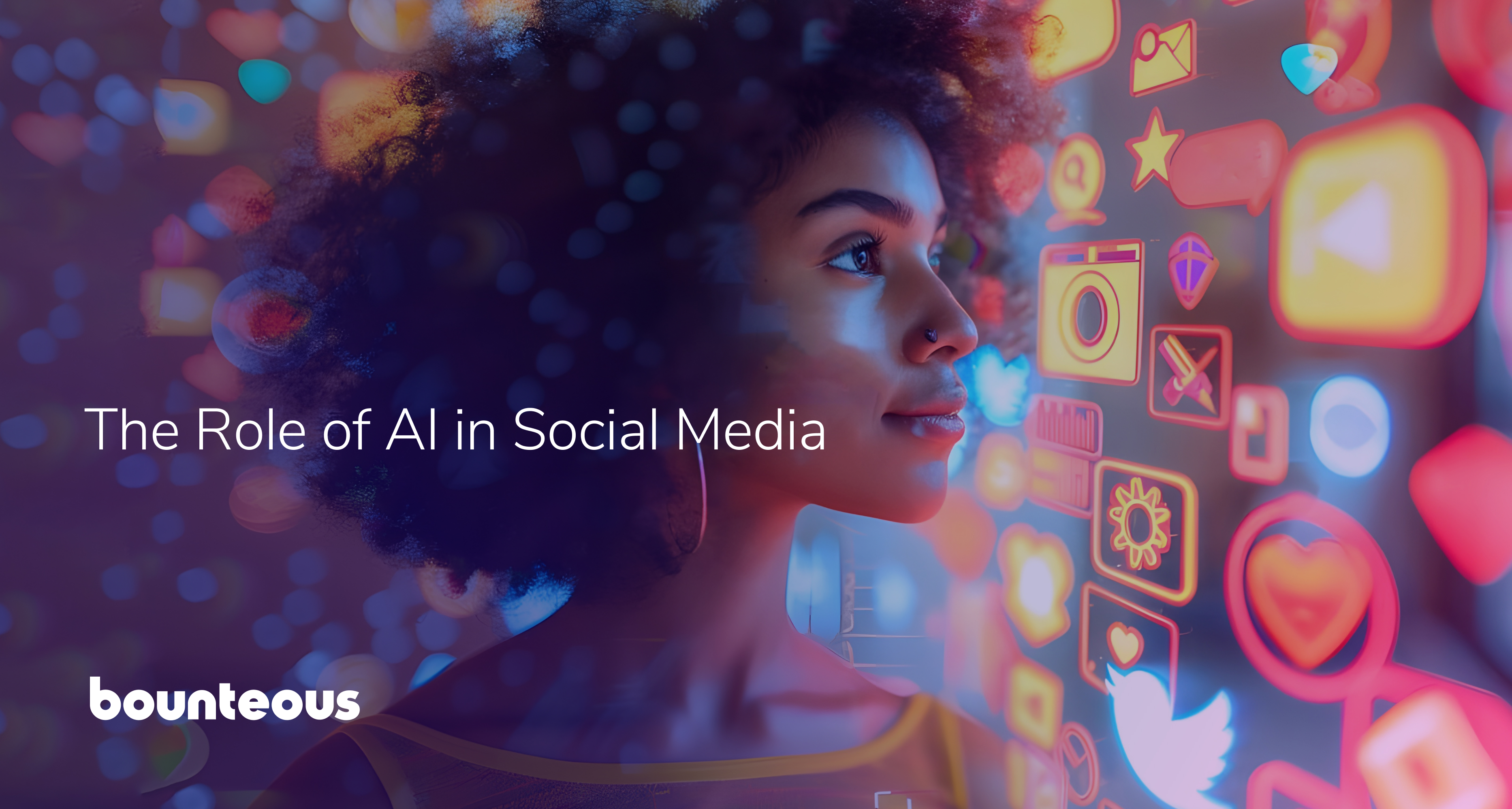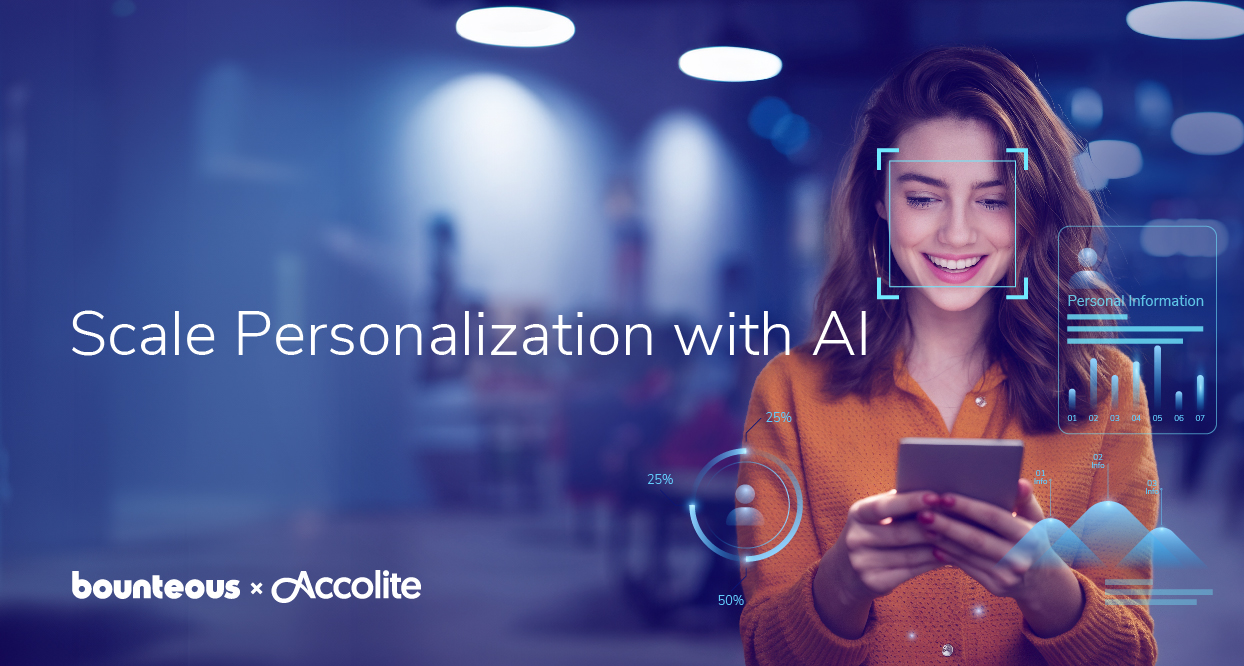The Role of AI in Social Media

While AI content may seem like an increasing part of one’s social media diet, if you’ve been on a social media platform in the past decade, you’ve likely come across some form of artificial intelligence. In social media marketing, this includes the use of advanced technologies, including machine learning and natural language processing, to analyze user data and interactions on social platforms, and increasingly, the use of LLMs for content generation, editing, and testing.
AI has been around for years and years in the space, starting in the early 2010s when platforms like Twitter and Facebook began using AI for advertising and user experience. AI has and continues to be an integral part of content creation, social listening, and ad targeting to improve user experiences and marketing strategies.
Facebook and Instagram owner, Meta, has announced that AI will be fully integrated into its advertising platform in 2026, radically changing how marketers create and run ads for Facebook, Instagram, Threads and WhatsApp. With these changes, social media will continue to be on the cutting edge of what is possible for digital marketers.
In social media postings, AI is increasingly used to help generate, cut, trim, edit, and caption. Beyond text posts, the ability for AI to assist in the creation process opens the door for more portions of the social media experience to be scaled, automated, or enhanced.
While some may not feel comfortable with AI-driven content creation, social media users are likely already benefiting from AI's capabilities without even knowing it. From optimized scheduling and automation to workflow management, every social media management system we use today incorporates AI in some way.
The conversations raise interesting points about where AI is acceptable or where it can cross into tricky areas. At the enterprise level, global brands today are figuring out where to increase their use cases with AI while still maintaining authentic and remaining true to their brand missions and values. If the pace of AI evolution continues, it’s clear that we’re truly only scraping the surface of how AI is used in social media management today and can expect the industry to find even more value and use cases with AI in the near future.
As we look across the entire process, we can see specific areas where AI is playing an important role.
Social Media Management Systems
Enterprises have long relied on tools and technology to help take something that may seem easy, and scale it across multiple products, countries, languages, and timezones. Social media management systems (SMMS) like Sprout Social, Hootsuite Enterprise, Sprinklr, and Khoros have been pivotal in the AI movement within social media, evolving from simple scheduling tools to sophisticated systems that incorporate machine learning and natural language processing, significantly enhancing social listening and sentiment analysis.
This evolution, according to the Digital Marketing Institute, shows how AI enables brands to accurately monitor, analyze, and engage with the conversations that shape their online presence. Tools are incorporating AI in new ways, reimagining the content creation with recommendations, revisions, and variations that can be tested and optimized.
AI's Hidden Value in Automation and Workflow Optimization
A huge advantage of AI lies in its ability to automate and streamline processes that were once manual and time-consuming, saving time and resources. Features like automated approval workflows have become standard, enabling teams to set up posts with metadata and push them through predefined client approval systems. This isn’t restricted to basic operations; AI also enhances community management by offering suggested responses based on sentiment analysis, crafting the most efficient engagement strategies tailored to each comment or query.
These innovations aren't just bells and whistles. They're essential in handling the volume of interactions brands face. Whether it's processing thousands of incoming comments or generating suggested posting times to maximize engagement, AI plays an important role. The Marketing AI Institute notes how these efficiencies enhance productivity and allow social media teams to focus on higher-level strategic tasks.
AI in Sentiment Analysis and Reporting
Additional AI capabilities include sentiment analysis, which is essential for brands introducing new products or campaigns. By tagging and analyzing content specific to a campaign, social media teams can gather valuable insights into public reception. This approach saves hours of manual work and enhances strategic planning with data-driven insights.
As reporting demands grow more complex, teams can lean on AI to help interpret metrics across different platforms, each with their own data language. Future implementations promise a more cohesive narrative, freeing social media managers to focus on creative strategy as opposed to advanced data science modeling.
Navigating the GenAI Divide
The rise of generative AI has clear implications and benefits to the actual process of creating content for social media, yet we’re seeing a cultural divide as consumers decide how much is too much and what type of AI is appropriate to use. While professional platforms like LinkedIn have audiences that embrace AI-generated content for its innovative edge, we’ve found audiences on more entertainment-focused channels including Instagram and TikTok can resist similar trends or fads, preferring authentic human interaction.
This cultural divide underscores the importance of strategic deploying AI, making sure that AI serves as a tool to enhance, rather than replace, human creativity.
Our AI Social Wishlist
As we look to the future, we’re excited about expanding the role of AI in translations and voiceovers, particularly for global reach, without compromising cultural nuances. We also see video production on the brink of an AI revolution, promising to democratize visual content creation further.
Influencer and creator marketing are also fertile ground for innovation. Leading platforms are advancing rapidly, moving towards tools that better align brand and influencer compatibility based on historical data, offering a glimpse into a more data-driven, efficient future.
While AI in social media isn't new, it's undoubtedly transformative. For brands willing to look beyond the surface and embrace AI, the opportunities for engagement, efficiency, and innovative storytelling are endless. As AI continues to evolve, so too will our strategies, driving us towards a future where technology and creativity walk hand in hand.


